Article: Zsolt Várkonyi
Translation: Nóra Fehér
Returning to their signature sound, Irie Maffia will be taking to the stage at Müpa Budapest with a reggae-style set. In addition to the eleven-piece band, the 21 September concert will feature Viki Lábas of Margaret Island, Miksa M. László, frontman of Ladánybene 27, and 20-year-old singer-songwriter Azahriah, who will perform his own songs in a new reggae style. We interviewed MC Columbo, aka András Kéri, one of the founders and bandleader of Irie Maffia, about the concert at the Müpa, the success of the first album, the possibility of a career abroad and the audience.
Why did you return to the roots of Irie Maffia and the reggae sound for a concert?
Reggae defined the genre of the band in the beginning, and then as new members came in, our style changed. At festivals, we try to put together a show that features our most popular songs, as well as a number of tracks from the band’s seventeen years. Müpa Budapest’s Béla Bartók National Concert Hall can welcome 1,200 people, so the atmosphere is much more intimate than at a big stage concert. In a venue like this, we have the opportunity to present a thematic show, especially for those who like the original Irie Maffia sound. I would have a hard time describing your music in one style.
Have you consciously diversified your repertoire over the years, or have you simply been exposed to such a wide range of musical influences and everyone has brought a little bit of that to the collective?
Back when we first started the band, reggae, dancehall and hip-hop were the ones that came closest to us. The diversity of music came with the new members, and obviously our musical tastes have changed a lot over the years. JD has moved towards electronic music, which is strongly felt in the songs. Live Marci has immersed himself in various South American music and Sena in Afrobeat. These are some of the reasons why our musical style has changed. We don’t limit anyone when they come up with a new idea. Probably one of the reasons why Irie Maffia is successful is that not only our clothes are diverse, but also our music. Maybe that’s the strength of the band.

(c) Ambrus G. Horváth
You mentioned in an earlier interview that one of the most important key moments for the band was the release of their first album, Fel a kezekkel, in 2007. The album contains several songs that are still an essential part of an Irie Maffia concert. From today’s perspective, what do you feel made that album so influential?
We put a lot of thought into it with the other members. Probably the secret is that it came out at the right time. At the time, there was a serious change of musical image and rejuvenation at Petőfi Radio. The English-language songs by Hungarian artists were really booming. Mostly from the college and university circles, Irie Maffia, the Brains and a few other bands were forming their core audience. It was new and exciting to have a Hungarian band singing in English. Sena is of Ghanaian origin, Kemon is from Grenada, both of them have English as their mother tongue, which has contributed a lot to bringing reggae, dancehall, hip-hop music to the country in an authentic way. It spread out from the colleges and then was backed by the revitalized Petőfi Radio, which gave Irie Maffia even more momentum. There weren’t many bands with a similar style on the hungarian music scene then, and there aren’t now.
Have you ever wondered what it would be like to make it abroad?
We did make some attempts in that regard, but it soon became clear that it was practically impossible to build a career abroad from Hungary. You need a background that you cannot create on your own. We had quite a few gigs abroad, but we never made the breakthrough. For a band to be visible internationally, a huge financial investment is needed.
In an interview last year, Kemon said that you’re the one who holds the band together. “I’m usually pushing for that kind of cookie-cutter bandleader status,” you said at the time. How do you see it? How do you keep the band together in difficult times?
Cookie-cutter is probably not the best term. In May we performed at the Open air Stage on Margaret island. It was a tense month, we’d been through a lot of rehearsals and it was felt by the members, so we went away to relax. As a bandleader, I’m not very close to an aggressive, oppressive attitude. I listen to everyone’s opinions and try to run the affairs of the band in a way that is comfortable for everyone.

Seventeen years of the band, many of you have grown up on it. How much has your core audience changed in terms of age? Is it a difficult task to appeal to today’s teenage age group?
It’s terribly difficult to appeal to today’s teenagers, and we don’t consider that a priority. As with other bands, we are seeing a natural change in our audience. People who have started families obviously can’t come to our concerts every week. Our older audiences come to one of our bigger parties in Budapest Park or to a club concert, but the camp is getting younger all the time.
The guests of the September concert will be Viki Lábas, Miksa and Azi. What was the concept behind your choice?
Miksa is the frontguard of Ladánybene 27, so he was an clear choice for a reggae-themed concert. Viki Lábas and Azi were called upon because we intended to challenge both them and us to see how they could work in a production of this style. We are on good terms with them and lucky for us they were happy to accept the call. Apart from Sena, there have been no female performers in the Irie Maffia, which is why Viki Lábas will be fascinating as an invitee and Azahriah is a fresh name. At the moment the songs are being selected and rearranged. It’s going to be a big job to see how we can turn certain songs into reggae or ska versions.
What will be the criteria for the repertoire?
Mostly we’ll be reimagining old songs that have fallen out of the show and have been played less, but we’ll also be rearranging current songs to fit into the musical concept of the concert.
How different is it to perform at Müpa Budapest compared to a festival? Is the atmosphere of the audience different, is it different to get them excited?
A Müpa performance is much more intimate and intimate than a festival party or a club concert. We love both. For us, the summer season ends in mid-August and it’s nice to turn to indoor concerts with a more intimate atmosphere.
In 2015, with the tenth anniversary of the band, you said that the next big challenge would be to keep the audience interested. How difficult is that these days?
Probably the toughest. Initial hype and sudden burst of fame can be difficult for a band. While a successful song can be a huge boost for an artist for 3-4 years, after that comes the most daunting battle of not becoming boring, not repeating yourself, being able to renew and replace your ageing audience. We feel that we have succeeded in this task. The most important thing is to maintain the unity of the orchestra, and I feel that Irie Maffia believes in its future.
Article: Zsolt Várkonyi
Translation: Nóra Fehér

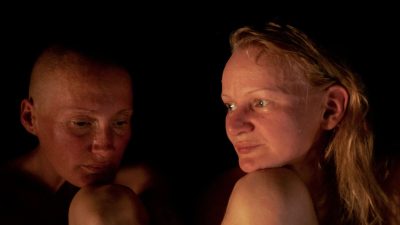
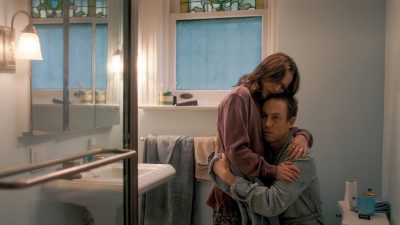
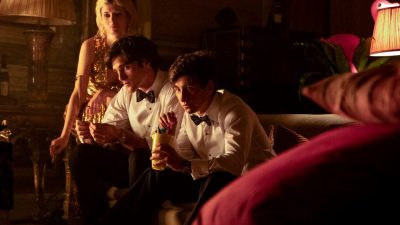
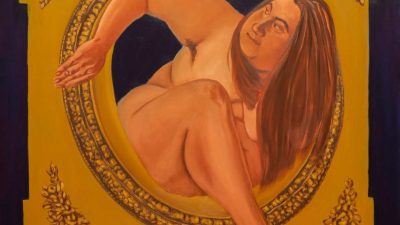
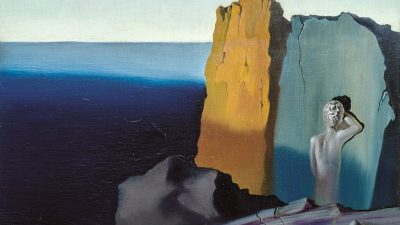



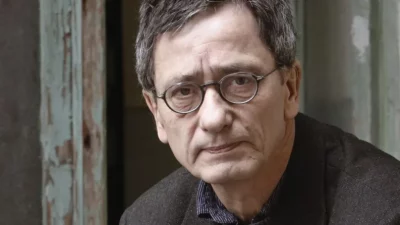



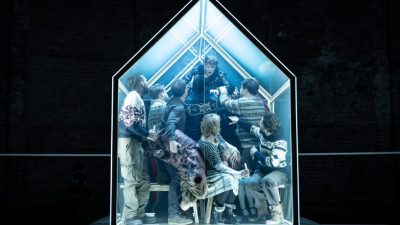
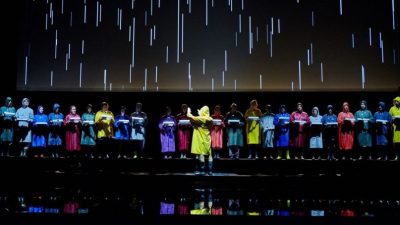


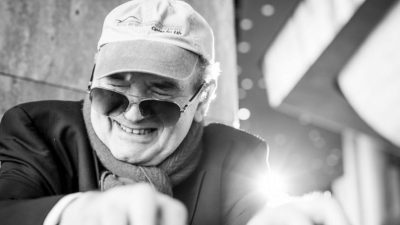


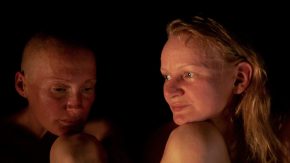

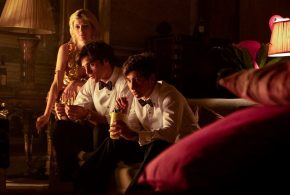
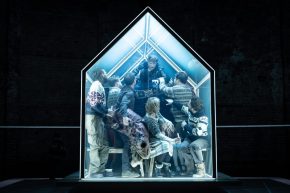

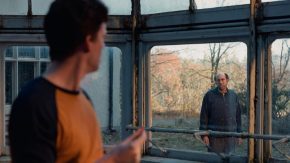
Comments